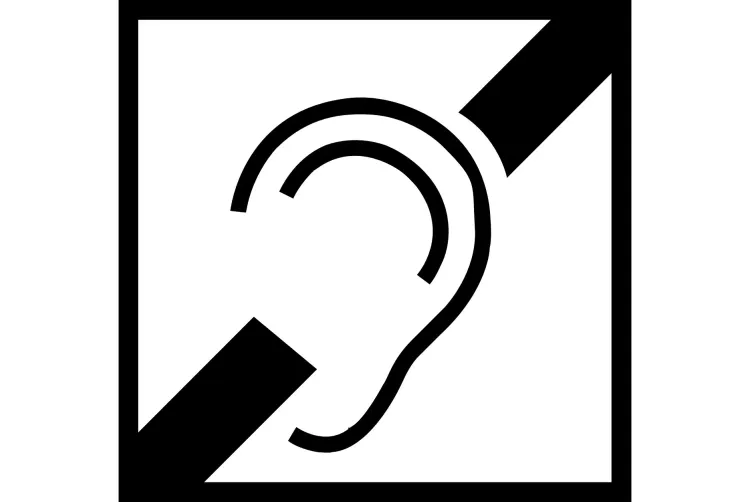How Can Vaccines Prevent Hearing Loss?

Synopsis
Key Takeaways
- Vaccination is vital for preventing hearing loss.
- 26 infectious pathogens linked to hearing impairment were identified.
- Public health measures can avert nearly 60% of childhood hearing loss.
- Rubella and meningitis vaccinations are crucial.
- The study advocates for including hearing loss in vaccine assessments.
New Delhi, June 3 (NationPress) Vaccination could be crucial in reducing the risk of hearing loss among children and teenagers, based on a recent study that uncovered 26 infectious pathogens capable of causing this condition.
Globally, over 1.5 billion individuals experience varying degrees of hearing impairment. While age is often a significant factor, a less recognized yet impactful cause is infections contracted during the formative years, many of which are preventable through vaccination.
The World Health Organization indicates that nearly 60% of childhood hearing loss could be avoided by implementing public health initiatives, such as immunizations against rubella and specific types of meningitis.
To delve deeper into this issue, a research team, including experts from Université de Montréal in Canada, conducted a comprehensive review of existing scientific literature.
Published in the journal Communications Medicine, the study pinpointed 26 infectious agents that can potentially induce hearing loss. This includes viruses responsible for common illnesses like measles and rubella, which poses a significant threat during pregnancy as it can adversely affect the developing auditory system and lead to congenital deafness.
The study also highlighted the mumps virus, which can cause sensorineural hearing loss by damaging the inner ear or auditory nerve, along with bacteria like Haemophilus influenzae, Streptococcus pneumoniae, and Neisseria meningitidis, known for causing meningitis and resulting in irreversible hearing damage.
"If a vaccine demonstrates the potential to save lives, it is reasonable for policy decisions to be based on that evidence," stated Mira Johri, a professor in the Department of Health Management, Evaluation, and Policy at the university’s School of Public Health (EPSUM).
"However, vaccines can also provide substantial advantages in preventing other negative outcomes, such as hearing loss, and these merits should be given more consideration."
The research advocates for the inclusion of hearing loss impacts in vaccine assessments, both during the developmental phase and for existing products. This consideration could also assist in shaping research priorities for novel vaccine formulations.










